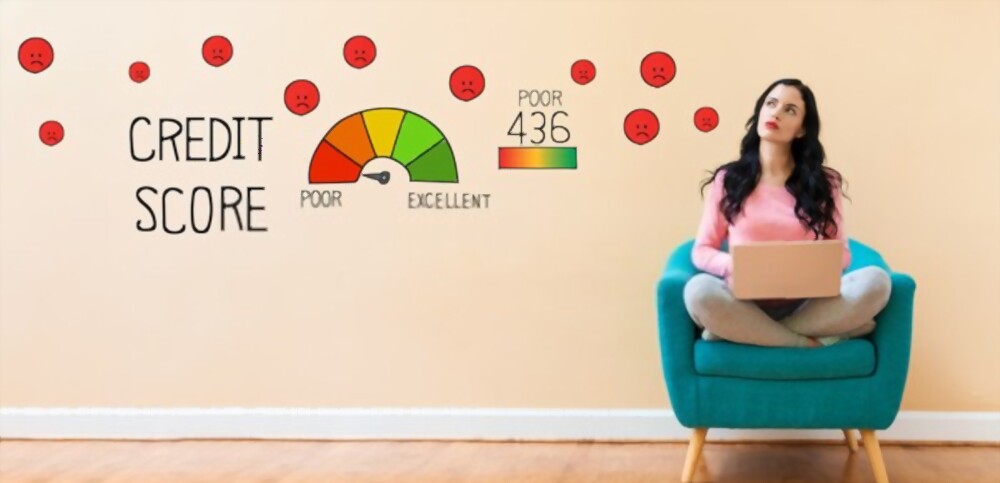The credit score is
a little number that plays a big role in your life. It can help you get a
house, a loan for a car, a new job, and new phone service. Yet not many people
understand this little number and how it can make a big difference in their
lives.
A question that is
commonly asked is what is the highest credit score possible? Most people think
that the answer is 850. While that is the highest score that can be awarded, it
is not the highest score you can achieve. There are different types of credit scores,
and many people have a credit score that’s higher than 850.
The history of
credit scores
We’ve all heard
about the importance of a good credit score.
Whether you’ve been looking at buying a new house or car, applying for a new
job, or just trying to rent an apartment, it seems like your credit score has
always been a factor. How did credit scores come to be? How did it all start?
If you look back in history, you’ll find that for a long time, credit scores
were non-existent. Sure, there were ways that people had to prove that they
could be trusted to pay back a loan. It wasn’t until the 1960s that
credit scores really started to take form.
5 ways to improve
your credit scores
Bad credit scores
are the reason people can’t do certain things. Bad credit scores are the reason
people get charged high interest rates on loans.
But what if there
was a way to repair your credit? What if you could fix your finances without
having to spend thousands of dollars in the process? There is a way to clean up
your credit.
1. Know your credit
risks
Your whole financial
life flows from your credit score. A high score can save you hundreds per year
on loans, while a low one can cost you over $100,000 in a lifetime of bad
credit. Yet, most people have no idea what goes into their credit score or what
they can do to improve it. This will walk you through all of the relevant
information about credit scores, including how they work, how you can improve
them, and what you need to know as a business owner.
2. Pay your bills on
time, all the time
Your credit score is
a number that represents your credit history, specifically how you have used
credit in the past. It is considered to be an important “soft” factor in the process
of lending. If you have a good credit score, you will probably get a lower
interest rate and better terms on credit cards, loans, and mortgages. If you
have a bad credit score, you will likely have to pay higher interest rates and
may be unable to get a loan or credit card at all.
3. Manage the debt
you have
Americans are
drowning in debt. The problem is that many people aren’t careful with the debt
they do have, and as a result, they end up with even bigger problems. It’s a
vicious cycle. You may even be one of these people. In fact, you could have
been in debt your entire life and you wouldn’t even know it. That’s because you
might not even know what your credit score is.
4. Issue a credit
card if you don’t have one
Issuing a credit
card can be one of the fastest ways to instantly improve your credit score.
Your score takes into consideration your total debt and the average age of your
accounts. By issuing a credit card, you’ll have a new line of credit that’s
reported to the credit bureaus. This will help to increase your average age of
accounts, which is a factor of how long you’ve had credit. As a general rule of
thumb, the longer your credit history, the better.
5. Be patient
Credit scores are an
important part of the financial landscape. They’re used by employers, lenders,
and landlords to help determine whether or not they’ll offer you certain
opportunities. A good credit score, for instance, can help you get a loan or
apartment. A poor credit score, on the other hand, can make life much more difficult.
In this blog, we’ll discuss how
to improve your credit score and how to be patient
with a slow start.

Comments
Post a Comment